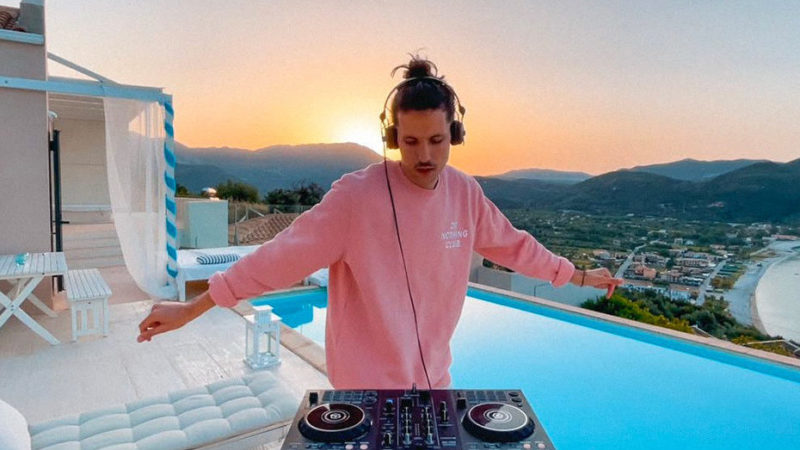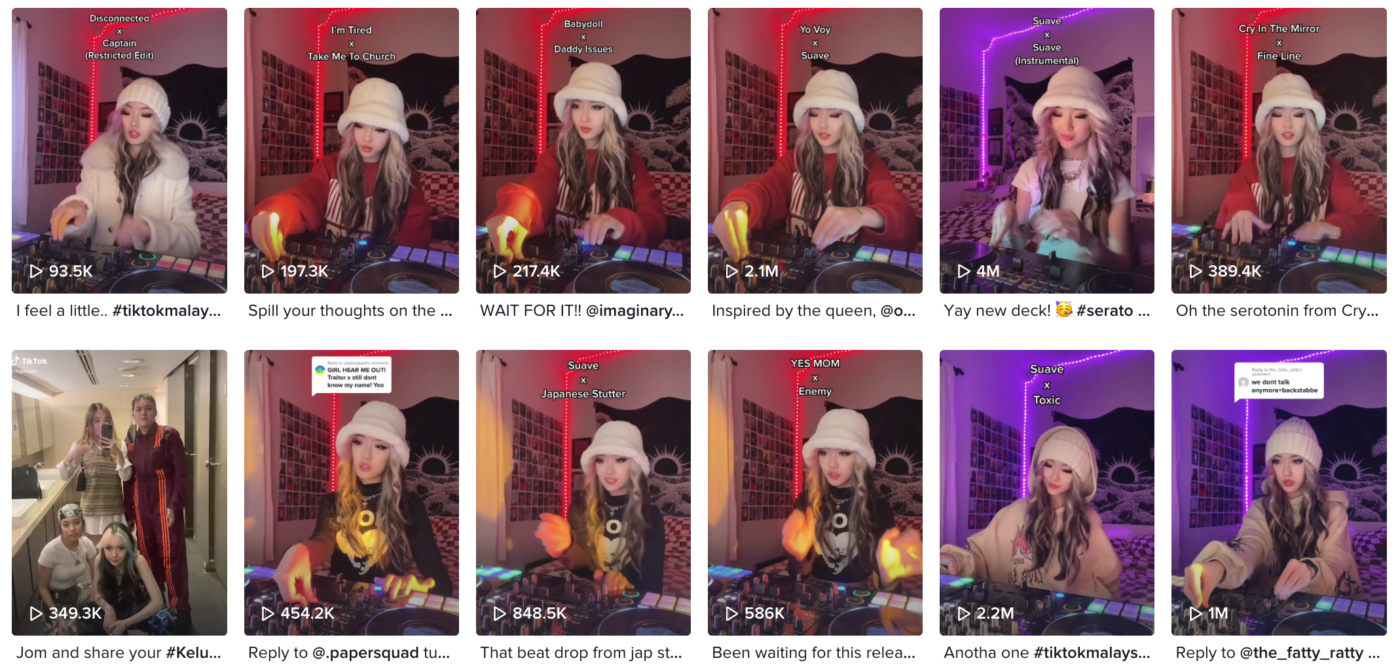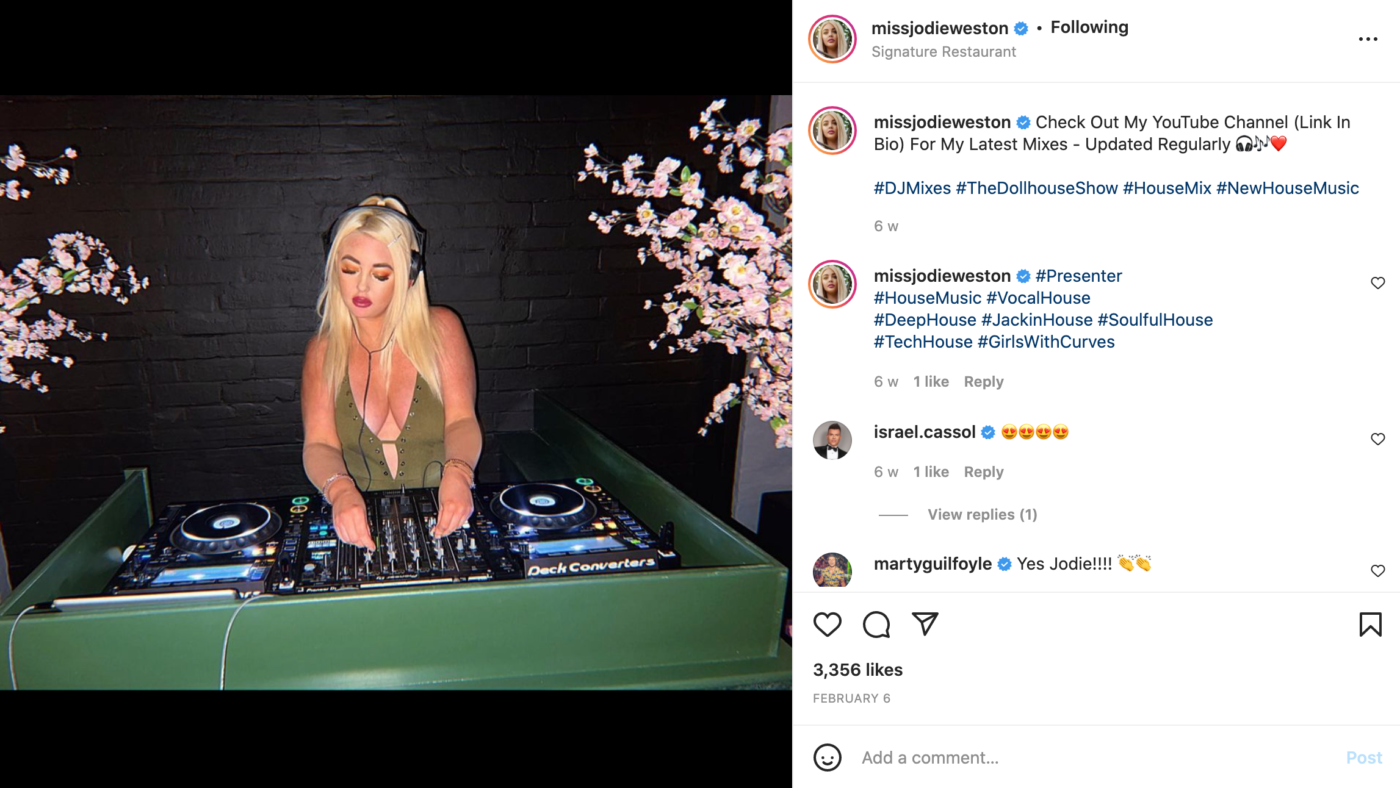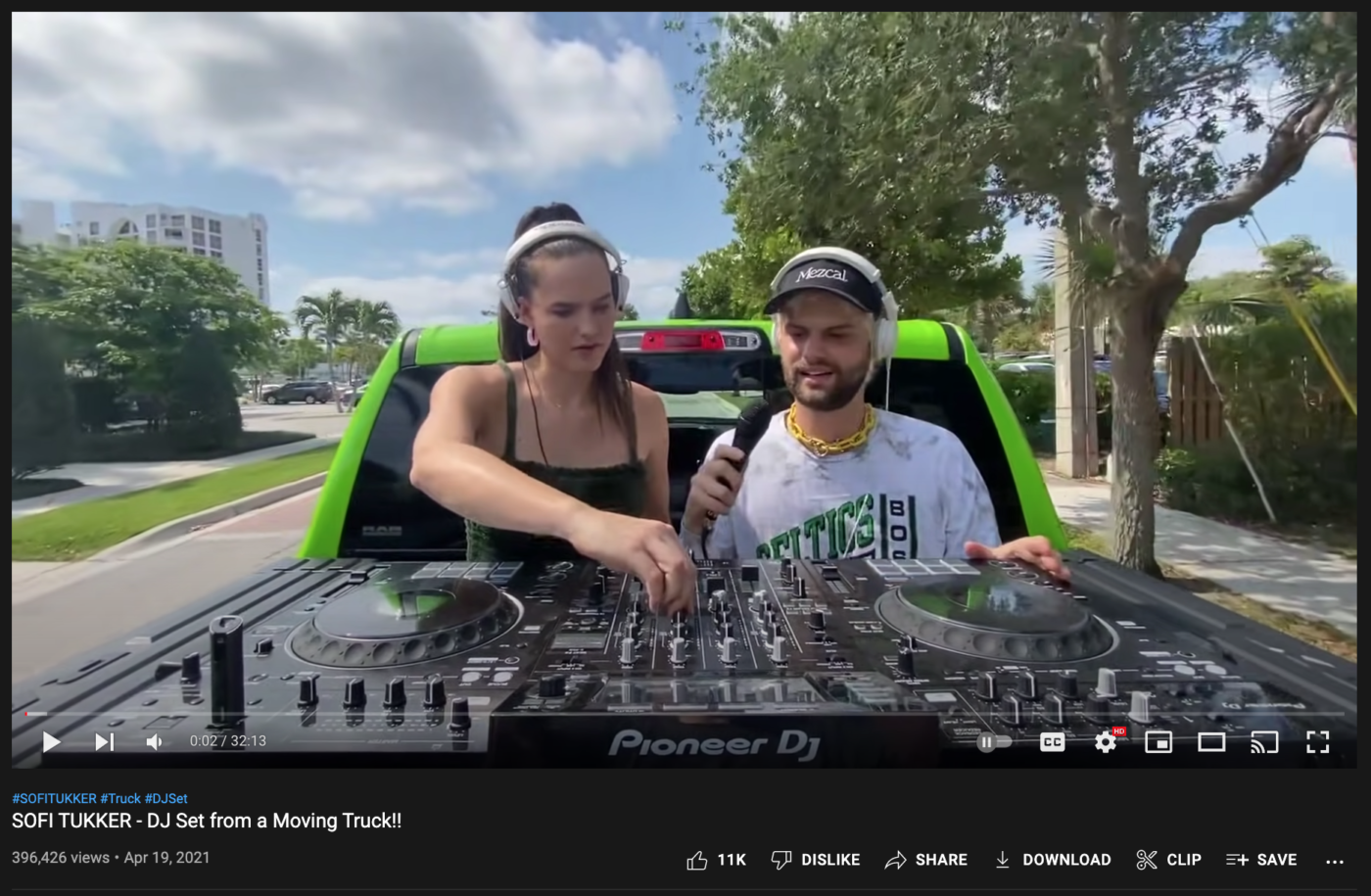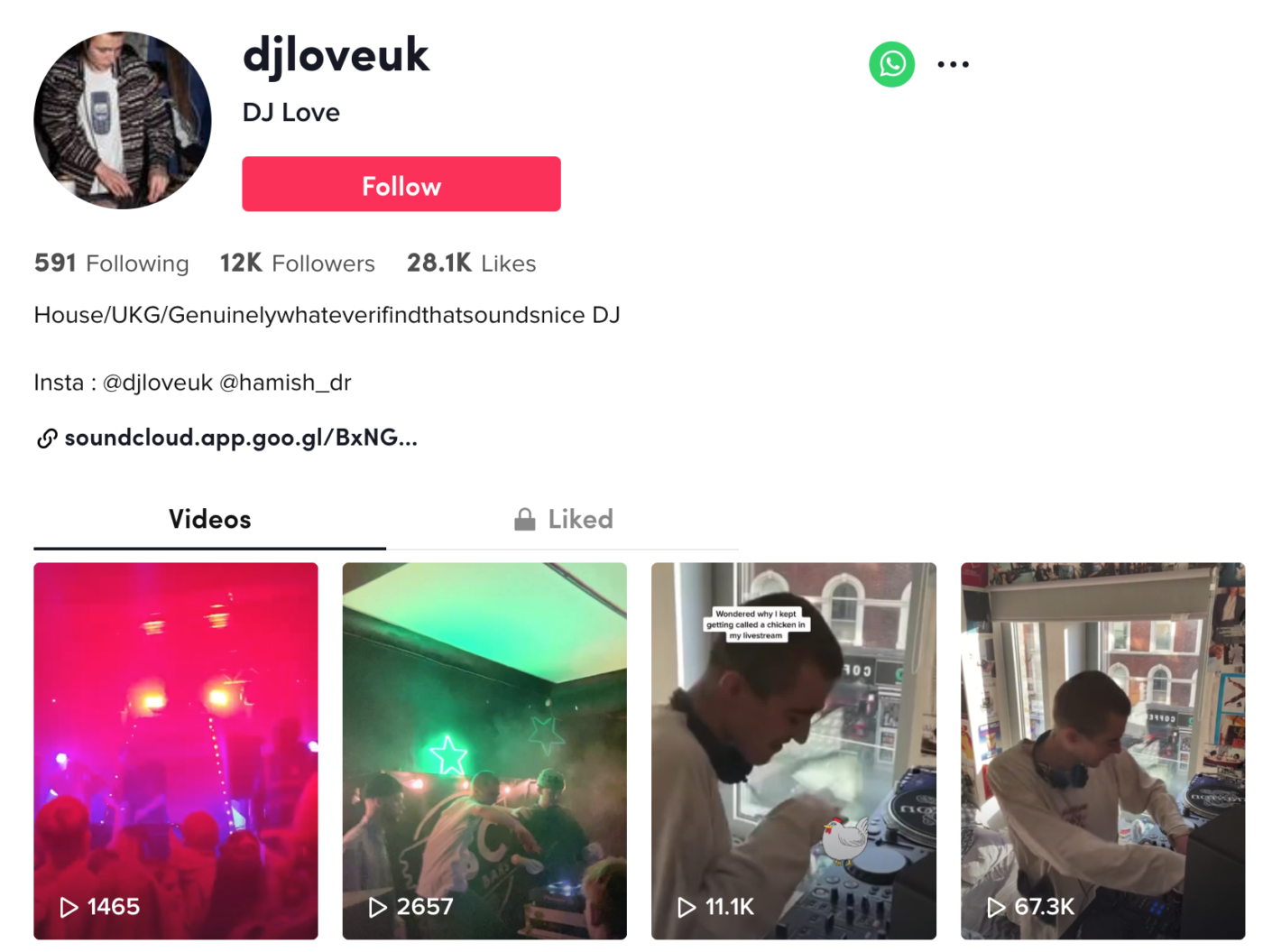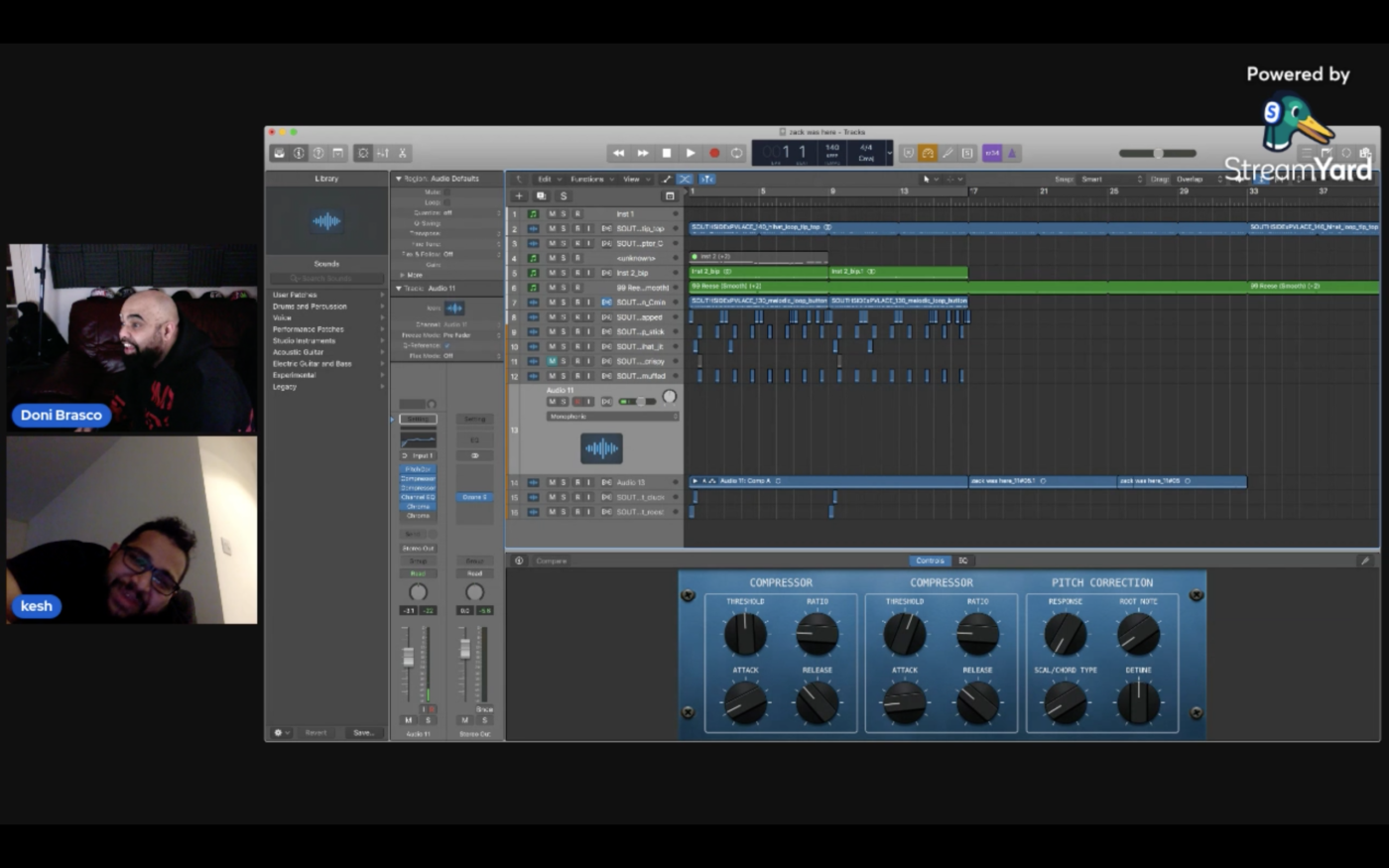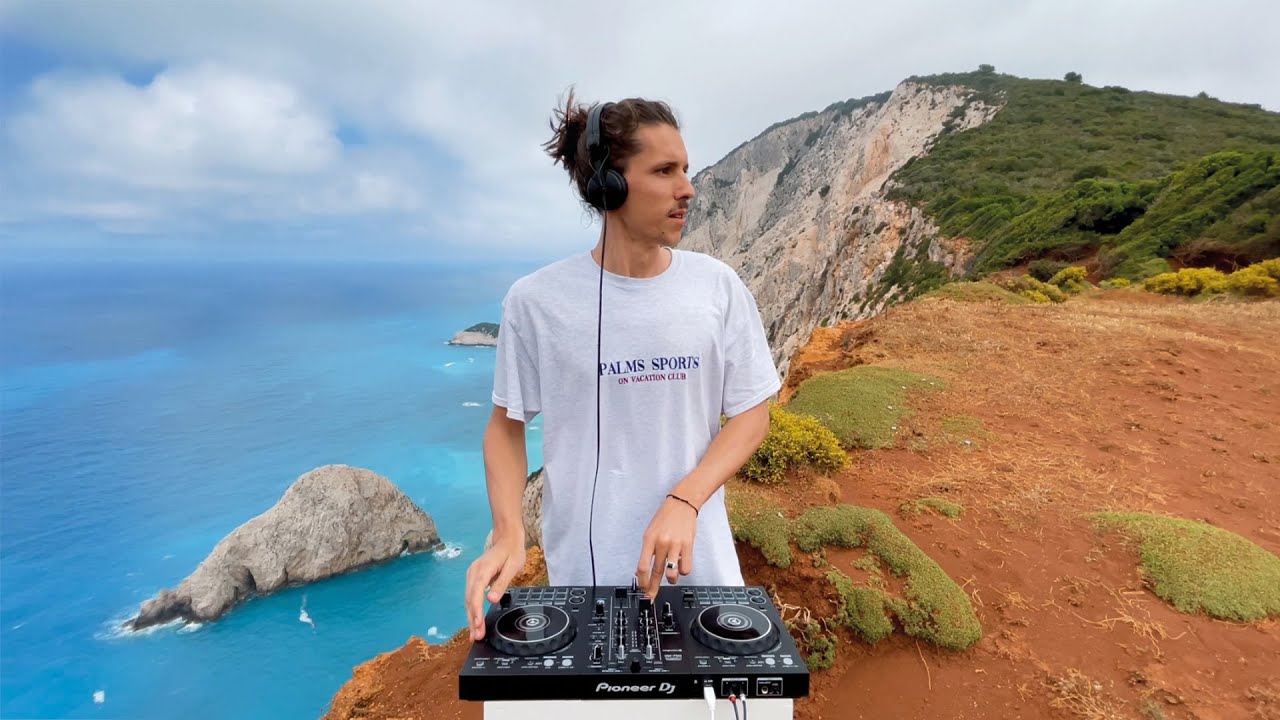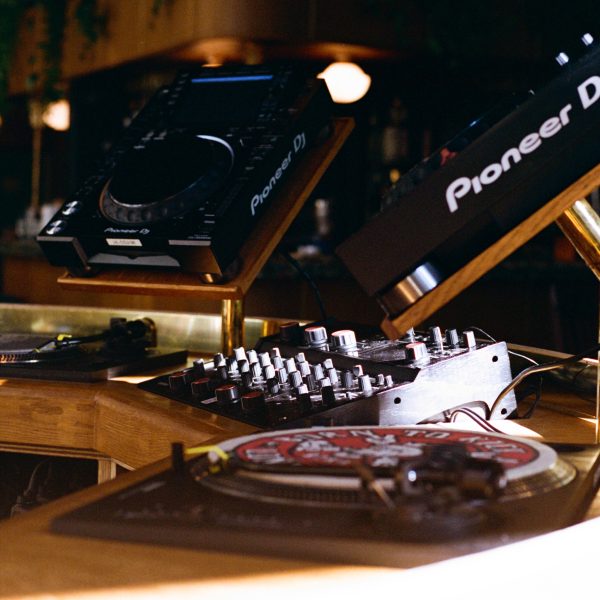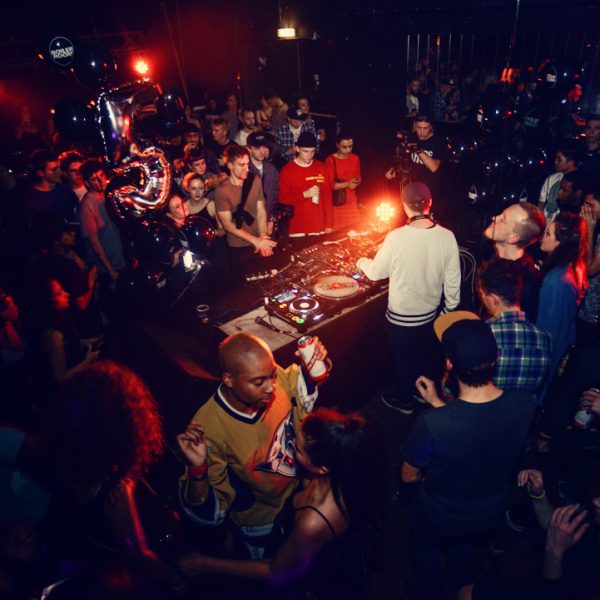Where will the ever-developing sphere of social media shift DJ culture to next? The idea of “evolution” was constantly referenced by the people I spoke to. Whilst in-person gigs aren’t going anywhere, there is a strong suggestion that DJ culture may become a hybrid between the offline and online worlds.
“Being a DJ has become so accessible to anyone that wants to give it a shot, which I love to bits,” said DJ Love. “I just hope that everyone that becomes one has a genuine passion for it and enjoys what they do.”
“The industry is getting quite saturated, especially since the pandemic, so I do think it will become more about your following and how important it is to have a fan base,” said Jodie. “However, there will also have to be genuine talent for DJing and crowd reading in there. I don’t think people should be so against DJs with large social media followings because the world is becoming so social media-oriented, but I do think a mix is needed of long established DJs who have been doing it for over ten years and DJs with online fans who will buy tickets to see them play live because they play great tracks as well.”
“The world of DJing is going to become a lot more diverse and inclusive and that excites me the most,” said Sofi of SOFI TUKKER. In addition to social media, we will likely see new DJs exploring the upcoming metaverse and digital realms. Jovynn noted this exploration, alluding to an increased uptake in virtual gigs, which give audiences the option to view “on demand.”
“I would love to see DJs become creators and be able to monetise their content,” Doni said. “NFTs are very interesting and having pieces owned and transferred for revenue is the new future.”
Chris elaborated on this: “Maybe we’ll be trading crypto currencies against virtual dance moves, so our super rare NFT avatars can pretend to have a good time in the metaverse,” he laughed. “Man, that would be so lame.” Lame for some, but in the digital era some may view this type of thing as a legitimate possibility.
“DJing is, and will always remain, an important part of music culture,” Doni said. “I believe whilst we evolve the art into the virtual world it will always exist in the physical world. The future will be hybrid, and so long as you are able to keep your foot in both worlds, a good DJ will always be able to wow a crowd no matter the realm.”

